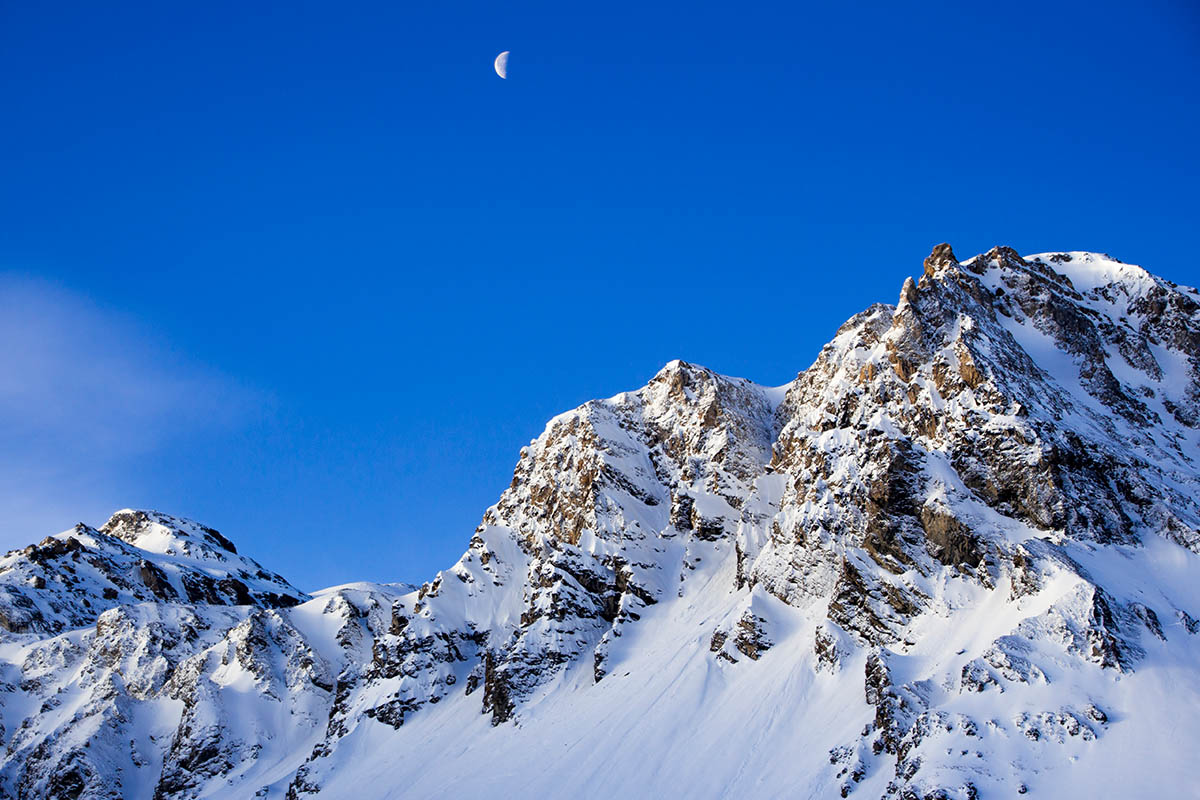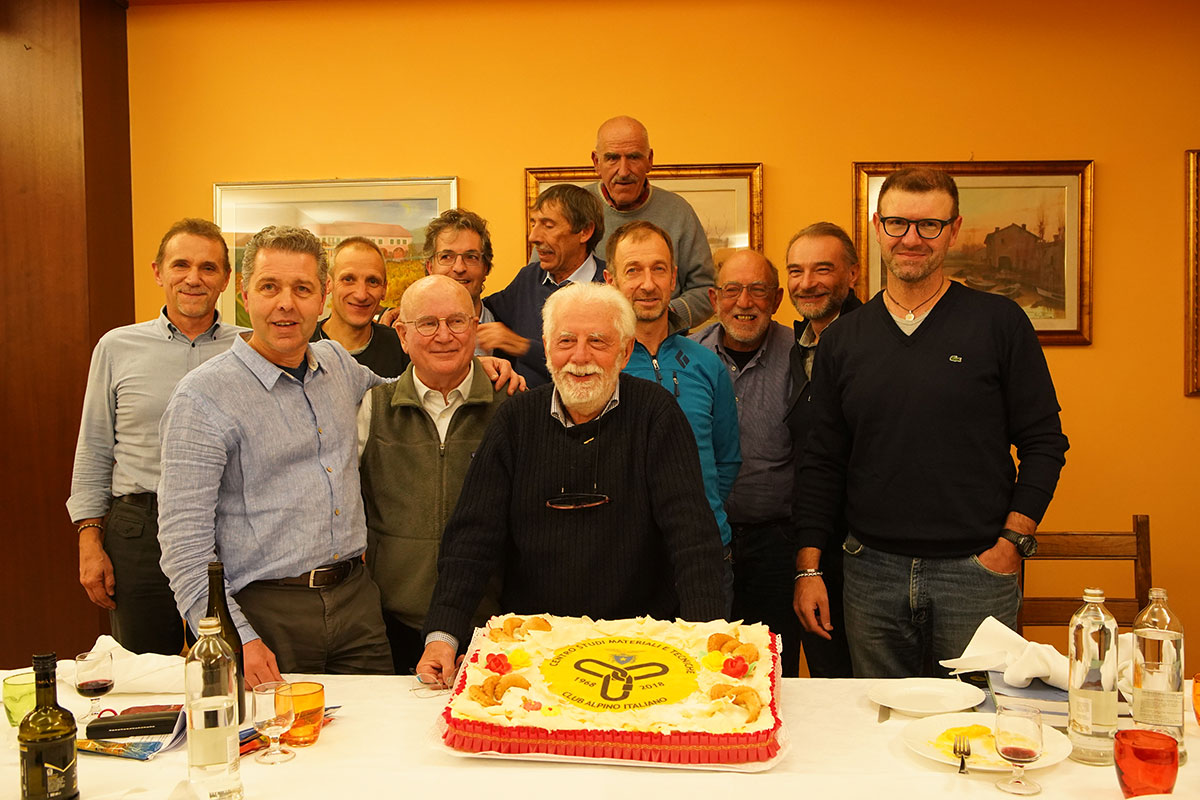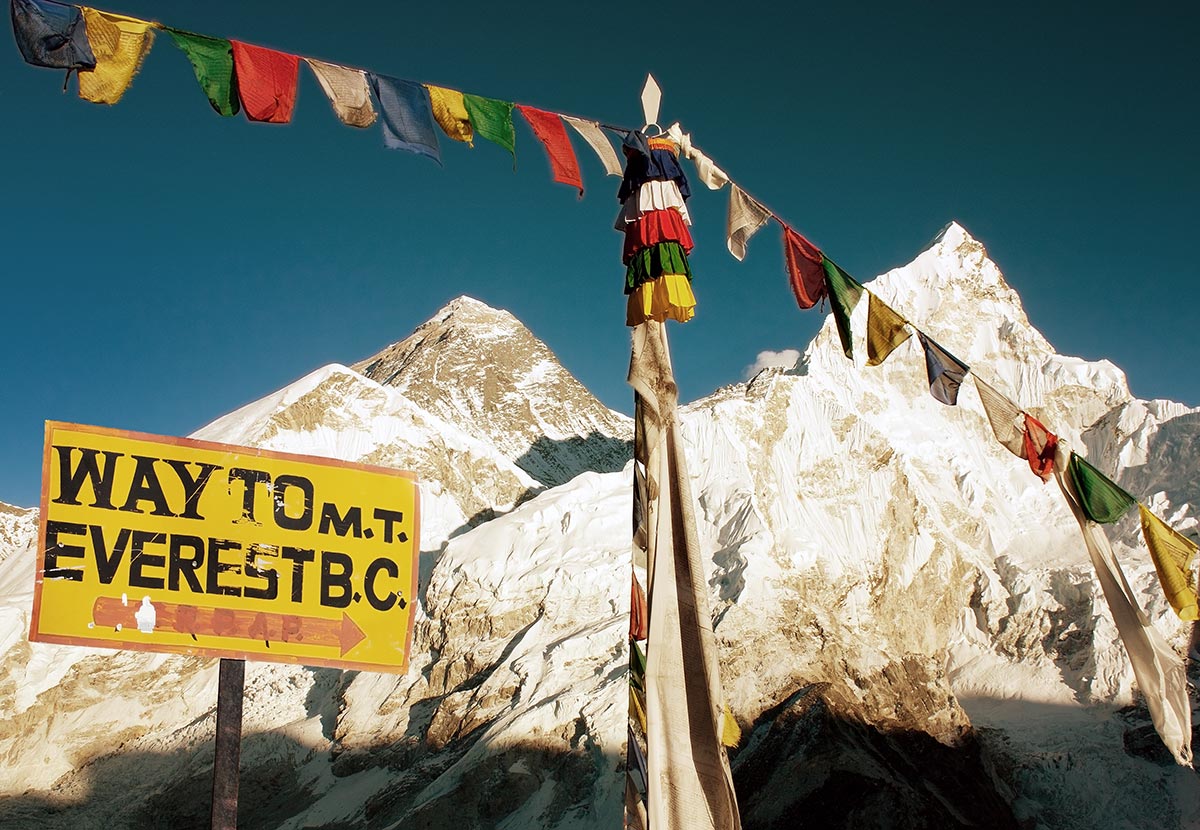French mountaineer Claude Eckhardt was elected Honorary Member of the UIAA after a lifetime of work dedicated to the promotion of mountaineering and protection of mountain regions around the world.


Photo credit: bortescristian via DesignHunt / CC BY
In his acceptance speech at the 2013 General Assembly in Pontresina, Switzerland earlier this month, Eckhardt stated that his long involvement with UIAA came about by chance after he was injured in a mountaineering accident. That’s when the president of his local section of the French Alpine Club (FFCAM) asked him to focus on managerial tasks instead of leading climbs.
Eckhardt pursued this desk job with the same enthusiasm as he did mountaineering. As a young man he said he had always supported the “outstanding human and social values of alpinism” and was an advocate for the need to preserve mountains in their natural state. Values he found the UIAA and other mountaineering groups he began to engage with, supported.
“I hope that the recognition as an Honorary Member means that these views are really still those of the UIAA, and my wish is that they will also remain the basis of UIAA policy in the future, since they are more and more endangered,” said Eckhardt on accepting the title.
Born in Paris on 20 October 1937, Eckhardt received a Diploma in Chemistry from Ecole Supérieure de Chimie de Mulhouse in Alsace and Doctor in Sciences from (Strasbourg University) before going on to a professional career as a chemical engineer.
He climbed extensively in France and Switzerland before injury following an avalanche in 1968 led to several years of surgery, physiotherapy and recovery. But despite a severe handicap, he recovered and continued to climb all across Europe, North and South America, Morocco and the Himalayas.
Eckhardt’s focus on managerial duties after his accident soon took his life on a different path than he had imagined, when he was elected president of his local section in 1972.
What followed were a number of initiatives:
- In 1976 he co—created the National Mountain Protection Commission (CAF CNPM) where he held a number of positions including president (1988 – 1991).
- In 1983, he established and became the founding president of Alsacian Regional Council of the Fédération Française de la Montagne (later on FFME). He also pushed for the creation of a new section of the CAF (Colmar, 1985), and became in 2001, the founder and first president of the Departmental CAF/ FFCAM Haut-Rhin Committee.
- He was also vice-president of French Alpine Club (FFCAM) from 1990 to 2001.
Eckhardt was nominated to the UIAA Mountain Protection Commission in 1977 where he worked on the impact of trekking and mountaineering expedition to countries around the world. This led to the “Kathmandu Declaration” in 1982, famous for its first article that reads: “There is an urgent need for effective protection of the mountain environment and landscape.”
He was later nominated UIAA Mountain Protection Commission President in 1993 and became involved extensively in the preservation of endangered sites around the world, and other issues such as the problem of waste disposal, motorized tourist flights and the development of environment objectives and guidelines.
He was also a member of a working group concerned with increasing threats on free access to the mountains based on safety or environmental pretexts. He also organized a series of seminars such as “Values of Mountaineering and Climbing (Paris, 1997) and Journées Européennes, (Autrans 1998).
During this period, Eckhardt was elected UIAA board member (1996) and went on to become the organization’s Secretary General (2001) at a time when the UIAA office consisted of only one part-time individual. Much of the work was focused on international climbing competitions, building relationships and communicating with the International Olympic Committee (IOC).
At the UIAA he dealt with a number of issues, including:
- Negotiating the transfer of the International Ski Mountaineering Competitions management from Comité International du Ski-Alpinisme de Compétition (CISAC) to the UIAA General Assembly in 1998.
- As Board member, he focused on developing relations with UIAA federations and potential new members. During this time, the number of UIAA affiliated federations grew from 80 in 1997 to 97 in 2005 (when Eckhardt left the board).
- He contributed to the establishment of the 2001 strategic plan.
- He also dealt with tensions that arose when people involved in climbing competitions sought more autonomy.
- After he left the board, Eckhardt was elected Council Member from 2005 to 2007, where he continued to push the UIAA as a world body best suited to defending and promoting mountaineering and climbing activities based pm a spirit of self-engagement and responsibility towards others and the environment.
- He also organized the meeting of the May 2007 Council in Chamonix, France, where the UIAA celebrated its 75th UIAA anniversary.
Over the years, Eckhardt’s passion for fair play and the preservation of mountains, which he championed at the UIAA, led him to spearhead a number of popular initiatives in France, such as the protection of the Vosges mountains and the Parc Naturel Régional des Ballons des Vosges. He is also an active member of groups such as Alsace Nature, Mountain Wilderness, and CIAPM/Pro-Mont Blanc.
Age has not stopped Eckhardt’s activism. Now 79 years old, he continues to be strongly involved in mountaineering clubs and the Alpine Convention at European level.
Among the many honours Eckhardt has received are the Club Alpin Français Great Gold Medal, the Recognition Award of the International Olympic Committee and the Croix de Chevalier de l’Ordre National du Mérite.



